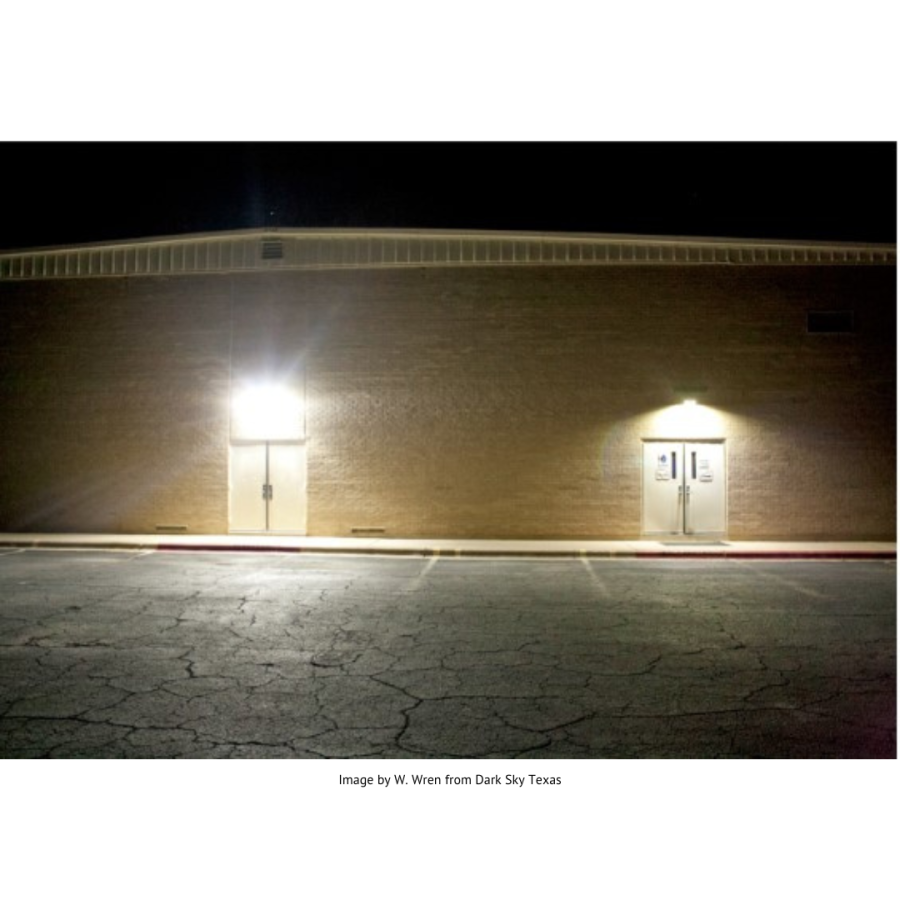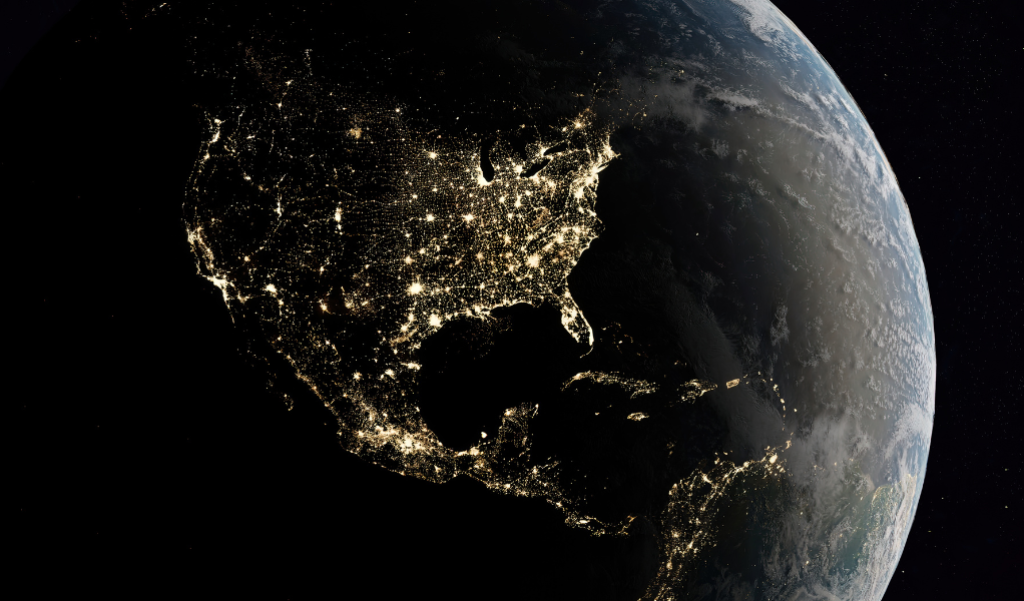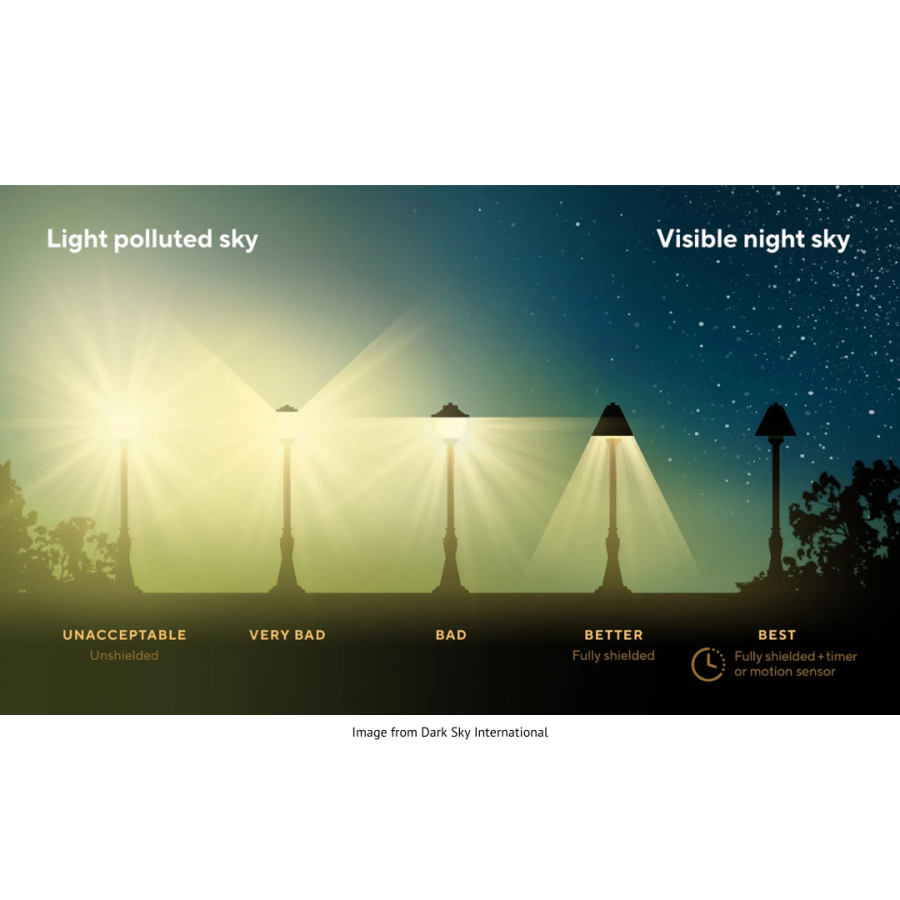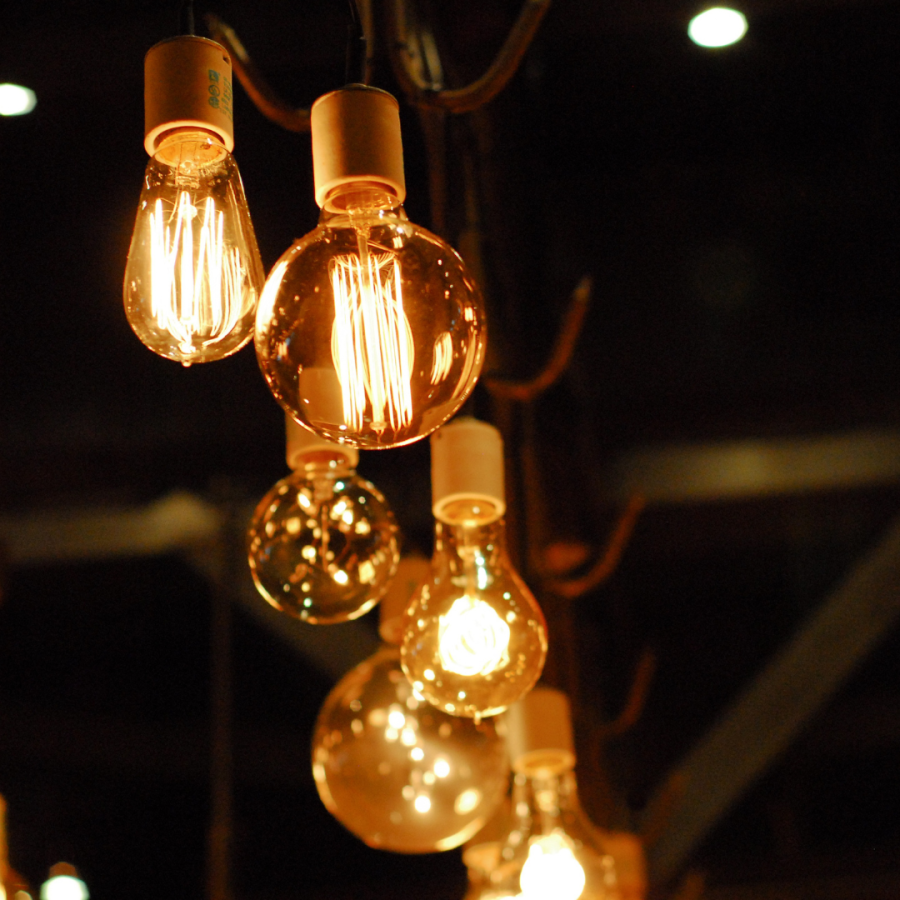
• Unnecessary lighting and light that shines when and where it’s not needed is wasteful environmentally and economically. It is estimated that at least 30% of all outdoor lighting in the United States is wasted! Using only the light you need helps to conserve energy and reduce your electricity bill.
• Many creatures, including amphibians, birds, mammals, insects, and plants depend on Earth’s daily cycle of light and dark to maintain proper biological function. Prolonged disruption of this cycle can impact reproduction, nourishment, sleep, and protection from predators. Learn more about Texas’ role in seasonal bird migration and how light pollution impacts them.
• Exposure to artificial light at night has been linked to negative human health effects, including increased risk of sleep disorders and obesity.
• Bad outdoor lighting can actually reduce safety rather than increase it. Overly bright and uncovered lights cause glare that reduces visibility and creates hazards.
• Light pollution also decreases our visibility of the night sky. The natural night sky and view of the Milky Way have been part of our heritage for centuries, even inspiring science, religion, art, and literature, including Shakespeare and Van Gogh.



